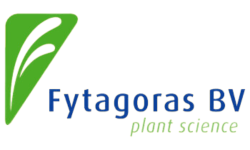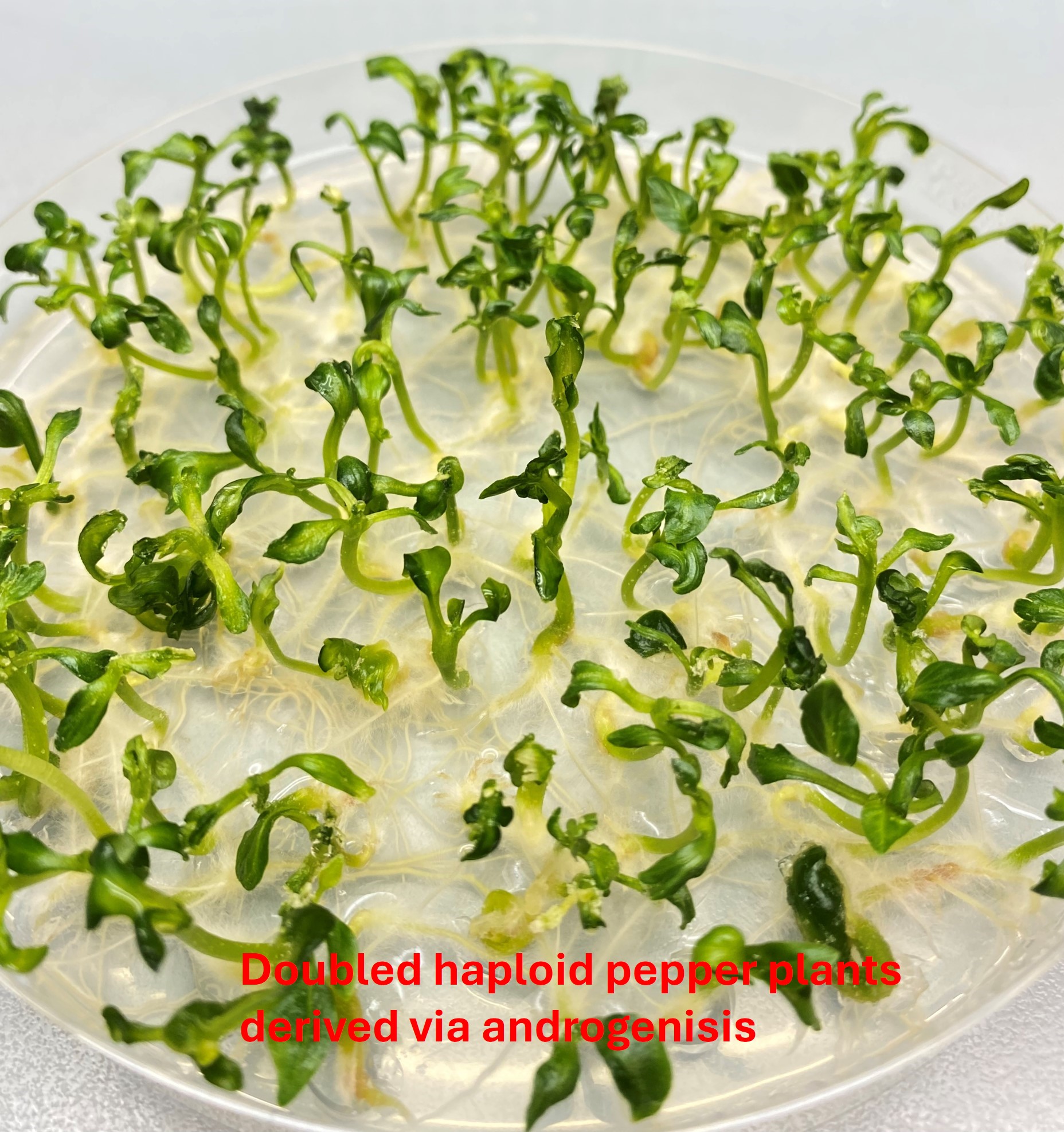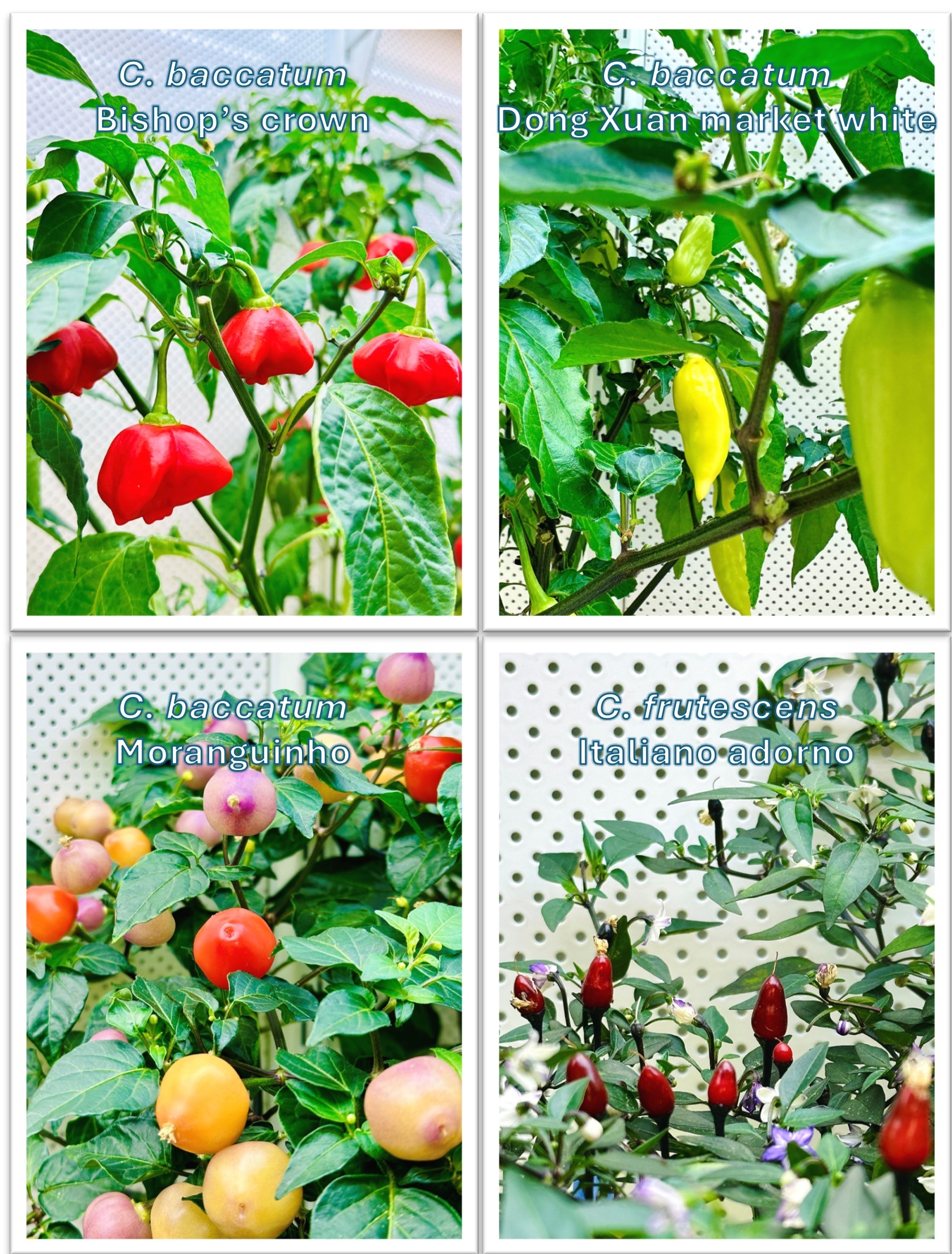Fytagoras has a great track record in the development of DH plant production protocols for notoriously difficult species. But why is it important to make doubled haploid plants? Doubled haploids (DH) are valuable tools in plant breeding programs, as they enable the rapid production of pure homozygous lines from heterozygous plants. To use DH in breeding, unripe pollen or egg cells are cultured to form (doubled) haploid plants resulting in complete homozygosity. This accelerates the breeding process by bypassing several generations of selfing. DH lines are crucial for genetic mapping, trait analysis, and hybrid production. They facilitate the identification of superior genotypes with desirable traits like disease resistance and yield. By integrating DH technology, breeders can enhance selection efficiency, reduce breeding cycles, and develop new cultivars more quickly and effectively.
Currently Fytagoras is expanding the number of new and recalcitrant species with successful DH production. Based on Fytagoras’ extensive experience in DH technology and successes in several recalcitrant crops like e.g. tomato, more and more seed companies approach Fytagoras to produce doubled haploid plants. See also: https://www.fytagoras.com/en/dh-doubled-haploids



